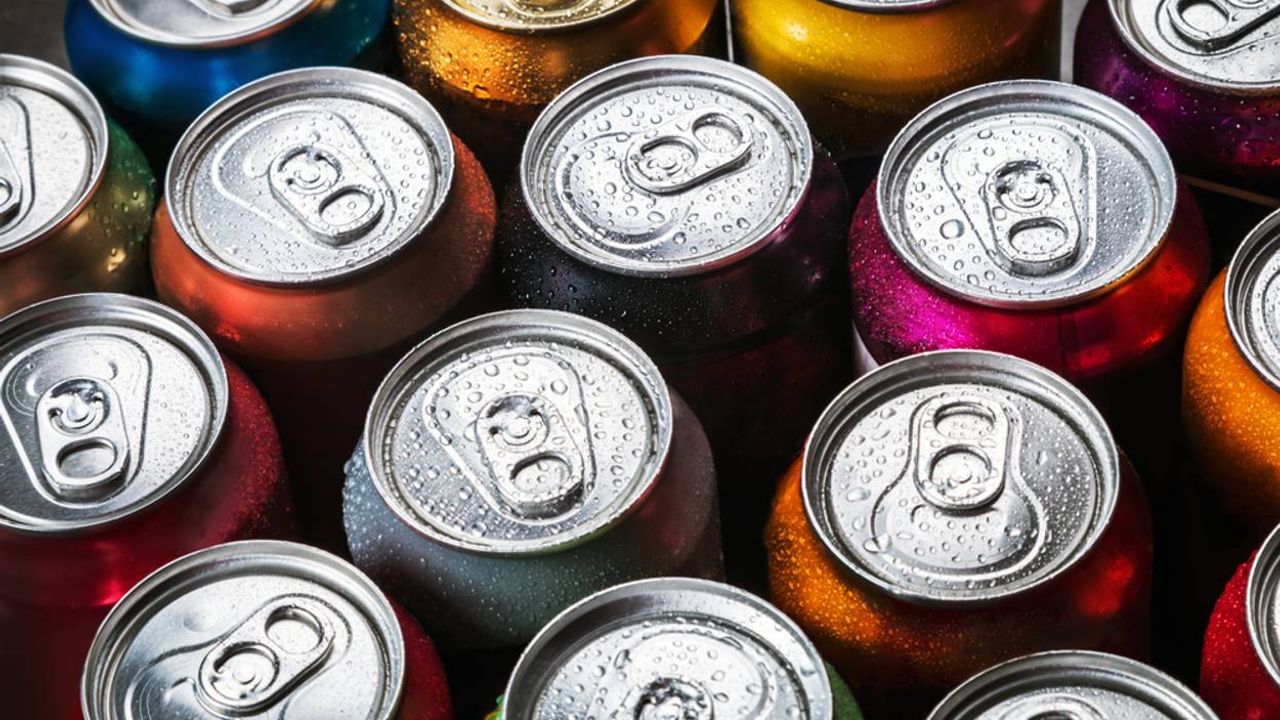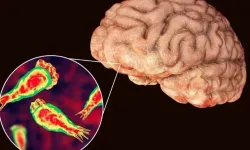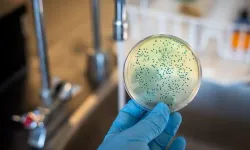New research has been conducted on the link between diet drinks with artificial eners and heart disease. According to CNN, such drinks increase the risk of irregular heartbeats. Drinking two liters or more of artificially ened beverages per week increases the risk of irregular heartbeats, called atrial fibrillation, by 20 percent, compared with people who do not drink at all.
Atrial fibrillation, known as "A-fib", is characterized by palpitations or tremors observed by many people. Added sugar in the same amount of drink increases the risk of this condition by 10%.
Drinking about 100 grams of pure, unened fruit juices, such as orange or vegetable juice, was associated with an 8% lower risk of atrial fibrillation. Diet drinks marketed as sugar-free, zero-calorie or low-calorie are artificially ened versions of sodas.
GENETIC PREDISPOSITION ALSO PLAYS A ROLE
Although the research only shows an association between sugary drinks and A-fib, any genetic predisposition also plays a role. A 2017 study found that people of European descent have about a 22% risk of developing the condition.
"We need more research on these beverages to confirm these findings and to fully understand the full range of health consequences on heart disease and other health conditions," said Kris-Etherton, a member of the American Heart Association.
WHAT DO THE RESULTS SAY?
The study, published in the journal Circulation: Arrhythmia and Electrophysiology, analyzed data from 202,000 people, ranging in age from 37 to 73 years and more than half were women. The study found that those who consumed more artificially ened drinks were more likely to be female, younger, overweight and more prone to type 2 diabetes.
Those who drank more sugar-ened drinks were more likely to be male, younger, heavier and more prone to heart disease. People who drank both sugar-ened drinks and pure fruit juice were "more likely to have a higher sugar intake than those who drank artificially ened drinks," the study found.















